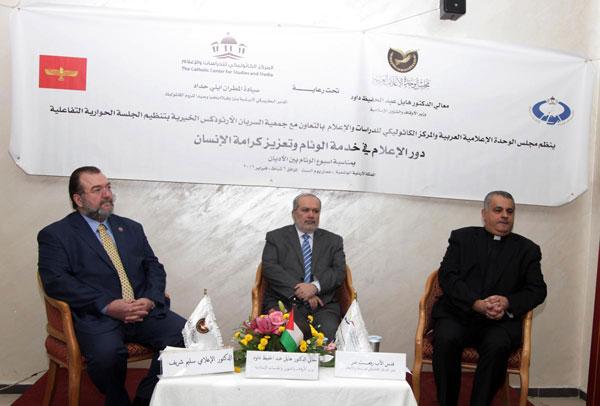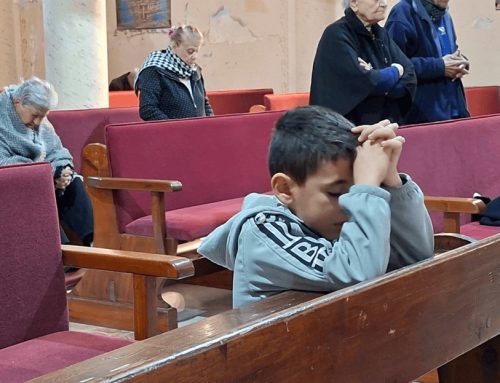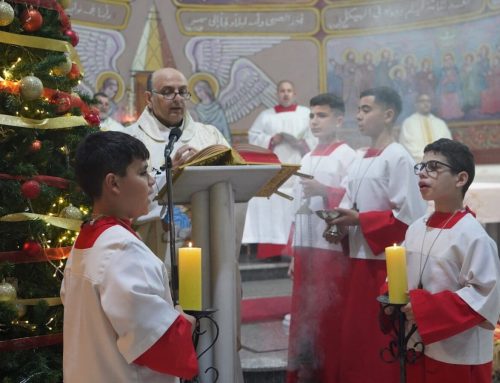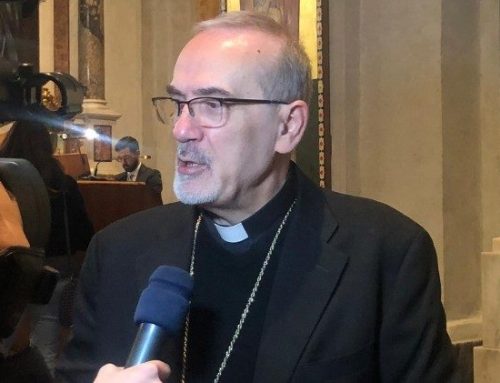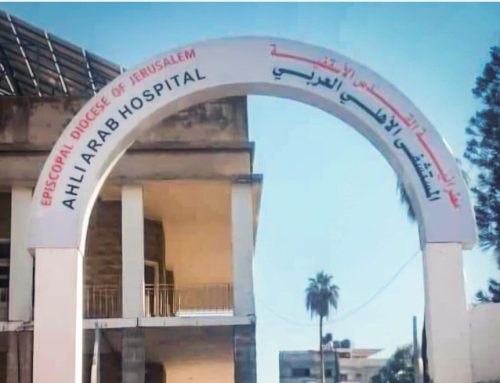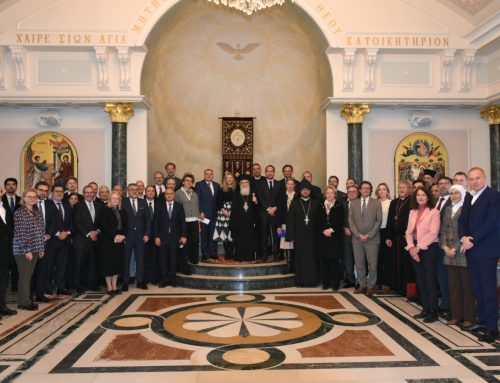AMMAN — Christian and Muslim religious leaders on Saturday stressed the role of the media in spreading a culture of tolerance, respecting the “other”, and human dignity.
At a panel discussion titled “The Role of Media in Promoting Harmony and Enhancing Human Dignity”, held at St Ephrem Syriac Orthodox Society in Amman to celebrate the UN’s sixth annual World Interfaith Harmony Week, Awqaf Minister Hayel Dawood said the harmony found in Jordan’s diverse society is a model for the region.
The relationships between the followers of different religions should move beyond dialogue, Dawood added at the event, organised by the Arab Media Council in cooperation with the Catholic Centre for Studies and Media (CCSM).
“People should be aware of the aim of creation: to preserve nature, take care of each other and respect humanity, which all religions demand, and especially Islam, which calls for human dignity and respect to all regardless of people’s colour, religion or race,” he added.
Dawood highlighted that religious platforms are “tremendously” important in spreading harmony and coexistence, as well as guiding others.
“In the almost 6,000 mosques around the Kingdom, 2 million men and women attend to listen to the imams’ preaching. Imams, for their part, should be prepared to send a clear message, conveying Islamic ethics that do not divide or discriminate, and surely should not instigate
hatred,” he said.
The minister stressed that the killings, displacements and attacks taking place in the surrounding region do not represent any religion, but must be attributed to the individuals committing such acts.
Father Rifat Bader, director of CCSM, said media and social media should abide by ethics and values and aim to be an effective tool for spreading harmony among the people.
“Social media outlets have a huge effect on people and thus should aim at spreading the speech of moderation and tolerance against hate speech, terrorism and extremism,” he said.
Father Mohammad George Sharaiha, speaking on behalf of Archbishop Elie Haddad of the Melkite Greek Catholic Archeparchy of Sidon, agreed that the media is an effective tool and should enhance the culture of dialogue and coexistence, educating people as to the true meaning of harmony.
At the end of the event, a committee was formed to draft recommendations from the panel discussion to be submitted to decision makers at a later date.
In another event, celebrating World Interfaith Harmony Week, marked from February 1 to 7, on Saturday evening, Majeda Omar, director of the Royal Institute of Inter-Faith Studies, said harmony between the followers of religions is essential since humanity “brings us together”.
Religion plays a role in building peace, achieving unity and coexistence, she said at the event, organised by the Community Ecumenical Centre of the Lutheran Church.
“There is no joy or stability in our existence without spreading the spirit of brotherhood, solidarity and coexistence, regardless of religion and the diversity of cultures,” she added.
Samer Azer, pastor of the Lutheran Church in Jordan, said conflicts between moderation and extremism are constant and present in all religions; and therefore, it is the responsibility of the different segments of society to stand for humanity.
World Interfaith Harmony Week was first proposed at the UN General Assembly on September 23, 2010, by His Majesty King Abdullah.
Source: Jordan Times

